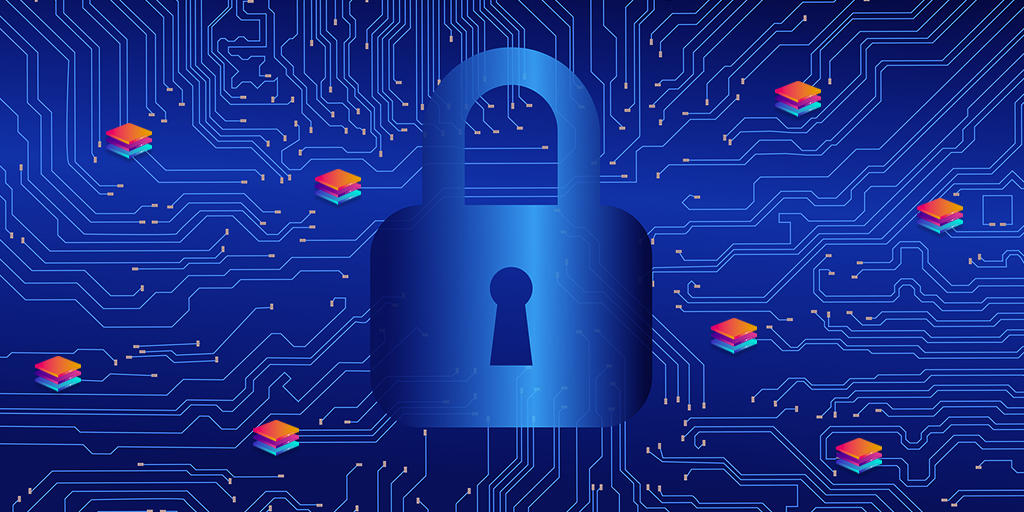Cybersecurity threats seem to increase every year. No matter how advanced defenders get, opportunist thieves and hackers’ methods seem to get more sophisticated and tech-savvy with new threats surfacing each year.
Of course, 2020 was no ordinary year, the Covid-19 pandemic in many ways has been a catalyst for an increase in cybersecurity threats with a shift towards accelerating digital transformation. We’ve had to adapt to the way we live, work, bank and connect, but so too have cybercriminals who equally are adapting their pursuits to exploit these changes.
According to The Financial Times, more than one in four UK cyber attacks in the past year involved cybercriminals exploiting the coronavirus pandemic, with a massive increase in the number of phishing emails (up 600%) that used Covid-19 related themes to target individuals and businesses.
As we head into a further lockdown and now that working from home has become almost commonplace, it’s more important than ever to know how to protect yourself against the ongoing threat of cybercrime. In fact, there’s a strong chance that remote workers will be the focus of cybercriminals throughout 2021… worrying, right?
How can you protect yourself against cybercrime?
It’s a good idea to know how to identify cybercrime, which is often the first step to help you protect yourself and your data. Today, cybercrime goes beyond stealing your financial data and personal information, to phishing scams, website spoofing, malware and social media hacking.
What’s even more worrying, the remote worker is more likely to be victimised by malicious links in online forums, social media and compromised websites, as many are not vigilant enough against the risk of cyberattacks. Over the last year, businesses have seen an increase in the number of employees using devices (including personal ones) to access confidential information, which can pose a risk to any organisation.
Chris Ashcroft , Head of Technical Services, at Datacentreplus, says:
“It’s clear that the global pandemic has seen a rise in cybercriminal activity with more malicious groups taking advantage of security vulnerabilities in devices and applications to steal data. With many workforces continuing to operate remotely, it’s crucial that employers provide additional cybersecurity support and training to help better protect that all-important data”.
So, to help better protect you, we’ve put together a few tips on how you can keep your computer and personal data safe and what precautions you could take to help protect you against cybercrime.
Keep your software and devices updated
Regularly updating the software on your computer and other devices is one of the easiest ways to protect yourself against cyber threats. Operating systems have many built-in functions which help prevent attacks so it’s important these are updated often to help protect you against the latest threats.
Use anti-virus software
Anti-virus software allows you to scan, detect and remove threats before they become a problem. It really goes without saying that this should be the bare minimum level of security you implement on your computer. Anti-virus software is now included in most operating systems but you may want to consider commercial alternatives if you have particular needs.
Implement strong passwords
Make passwords complex! It’s important not to repeat passwords on different sites and be sure to change your password regularly. Passwords should be made up of a combination of letters, symbols and numbers, using a minimum of 12 characters to create secure strong passwords. Tools such as LastPass, a password manager, can be utilised to store secure passwords online.
Avoid clicking on links on spam emails
Don’t open any suspicious links, especially the ones that come in spam emails. These emails are not legitimate and it’s important to avoid clicking on or selecting links in any way. These can be vicious attempts to steal your identity and financial information. Worse, you could become the victim of a ransomware attack.
Always be mindful of where an unexpected email has come from and if in doubt just don’t click on any links or download any attachments.
Manage your social media privacy settings
It’s crucial to keep your personal and private information locked down when using social media. Managing your privacy settings, using secure passwords and taking advantage of Two-Factor Authentication where possible so that others cannot access your social media accounts even if they do get a hold of your password.
Two-Factor Authentication (2FA) or Multi-Factor Authentication (MFA) isn’t just applicable to social accounts, in fact it applies to most services you have a login. Where available, we recommend that you always utilise 2FA or MFA for an additional layer of security.
What’s next?
The emergence of a much larger remote workforce in the wake of Covid-19 has challenged many organisations and the global pandemic is likely to continue to have a big impact on how people work and security implications in 2021 and beyond. If you would like any more information on how to protect your personal data and information, guidance on data security or would like to find out more about our cyber-security audit we would be more than happy to help.


